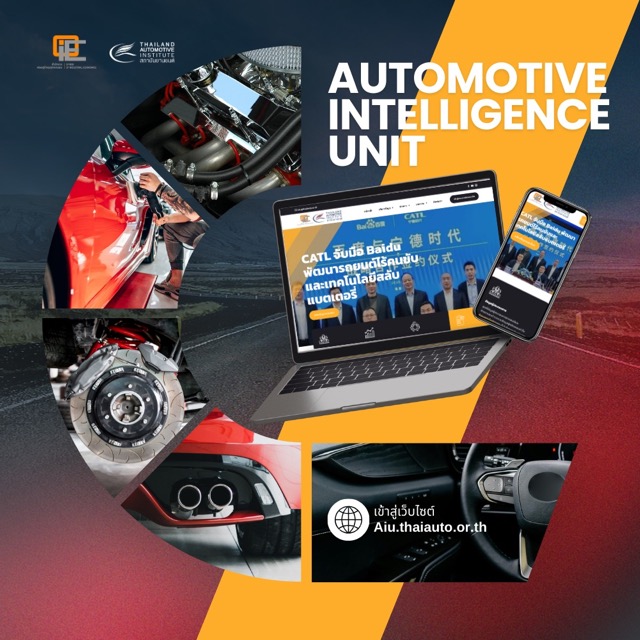BMW's strategy of making its vehicle architecture more flexible is paying off — even more than it expected.Thanks to the automaker's new modular Fifth Generation Architecture, as the company calls it, BMW said it will be able to have 25 electrified models on the road by 2023 — two years earlier than it previously planned.The modular approach relies on just two versions of the architecture, allowing it to be adapted to full-electric, plug-in hybrid and combustion-engine drivetrains, the automaker said.As a result, BMW has been able to respond faster to changing conditions, the company said.More than half of the 25 models will be full electric, BMW said."We are moving up a gear in the transformation toward sustainable mobility," BMW CEO Harald Krüger said in a statement. "By 2021, we will have doubled our sales of electrified vehicles [battery-electric and plug-in hybrid] compared with 2019."BMW expects to see a steep growth curve toward 2025, Krüger said, with sales of EVs increasing by an average of 30 percent every year.Last year, BMW Group increased sales of electrified vehicles 38 percent to a combined 142,617 BMWs and Minis.The company expects to reach an overall total of half a million sales of electrified cars by the end of this year.Since the launch of the i3 in 2013, BMW has sold more than 150,000 units of the so-called "born electric" compact.
Full-electric models
This year, the automaker will start production of the electric Mini at its plant in Oxford, England. This will be followed in 2020 by the electric BMW iX3 midsize crossover, to be built in Shenyang, China, for global markets.Following in 2021 will be the iNEXT crossover, which will be made in Dingolfing, Germany, and the i4 midsize sedan, set to be assembled in Munich.BMW currently offers plug-in hybrid versions of the 3- and 7-series sedans and X3 and X5 crossovers. This summer, the company will release plug-in hybrid versions of the 5 series and 2-series Active Tourer with next-generation technology and a longer electric range. These will be followed next year by the X1 and 3-series Touring plug-in hybrids.
Zone detection
BMW also revealed last week that it has enhanced the technology of its plug-in hybrids to make them more viable in many markets.Starting next year, all BMW plug-in hybrid models will come standard with a function that automatically switches the vehicle to full-electric mode when it enters an area designated for emissions-free driving only, the company said.That issue is a growing concern to drivers in some large cities that are barring vehicle emissions in certain neighborhoods.The function, called eDrive Zones, will use geofencing detection to recognize "green zones" established by cities for emissions-free driving, and automatically change the driving mode to electric only, the automaker said.BMW hopes eDrive Zones will allow plug-in hybrids to receive the same access to green zones as full EVs because they will behave the same way in these areas, the company said.The automated operating strategy significantly boosts the attraction of plug-in hybrid vehicles to reduce emissions, BMW said.The automaker has been running a test of the technology in the Netherlands. Increasing the use of electric driving not only optimizes efficiency but also helps reduce operating costs for customers, especially in city traffic, BMW said.Automakers worldwide are facing increasing pressure to reduce tailpipe pollution. But that's especially true in Europe, where manufacturers must reduce fleet emissions to comply with new European Union rules next year. Every car in Europe is expected to require some level of electrification to meet the EU's goal of reducing average carbon dioxide emissions.
BMW อาศัยการออกแบบแพลทฟอร์มที่เน้นการติดตั้งชิ้นส่วนสำคัญแบบโมดุล ซึ่งสามารถประยุกต์เพื่อใช้สำหรับรถ BEV รถ PHEV และ รถ ICE ได้ ส่งผลให้ทาง BMW สามารถตอบสนองกับการเปลี่ยนแปลงของเทคโนโลยีได้เร็วขึ้น โดยมีแผนวางจำหน่ายรถ PHEV และ BEV รวม 25 รุ่นในปี ค.ศ. 2023 เร็วขึ้นจากเดินในปี ค.ศ. 2025 โดย อย่างน้อยครึ่งหนึ่งของรถยนต์ 25 รุ่น จะเป็นรถ BEV
จึงถึงปี ค.ศ. 2025 BMW คาดว่าตลาดรถ PHEV และ BEV จะโตขึ้นปีละ 30% และคาดว่าจะจำหน่ายรถ PHEV และ BEV สะสมครบ 500,000 ภายในสิ้นปีนี้ และทาง BMW มีแผนที่จะผลิตรถยนต์ไฟฟ้าในแบรนด์ Mini ที่ประเทศอังกฤษ ตามด้วย BMW iX3 ที่ประเทศจีนในปี ค.ศ. 2020 และ BMW iNEXT Crossover และ BMW i4 ที่ประเทศเยอรมนี ในปี ค.ศ. 2021
และเพื่อเป็นการตอบสนองต่อการประกาศพื้นที่มลพิษต่ำ ที่อนุญาตให้เฉพาะรถยนต์ที่ไม่ปล่อยมลพิษเข้าพื้นที่เท่านั้น BMW ได้พัฒนาระบบการปรับเปลี่ยนรูปแบบการขับขี่เป็นการขับขี่ด้วยระบบไฟฟ้า เพื่อให้รถ PHEV มีการขับขี่เหมือนกับรถ BEV ในพื้นที่ดังกล่าว และหวังว่ารถ PHEV ที่ติดตั้งระบบอัตโนมัติ จะได้รับการยอมรับให้ใช้งานในพื้นที่มลพิษต่ำได้

